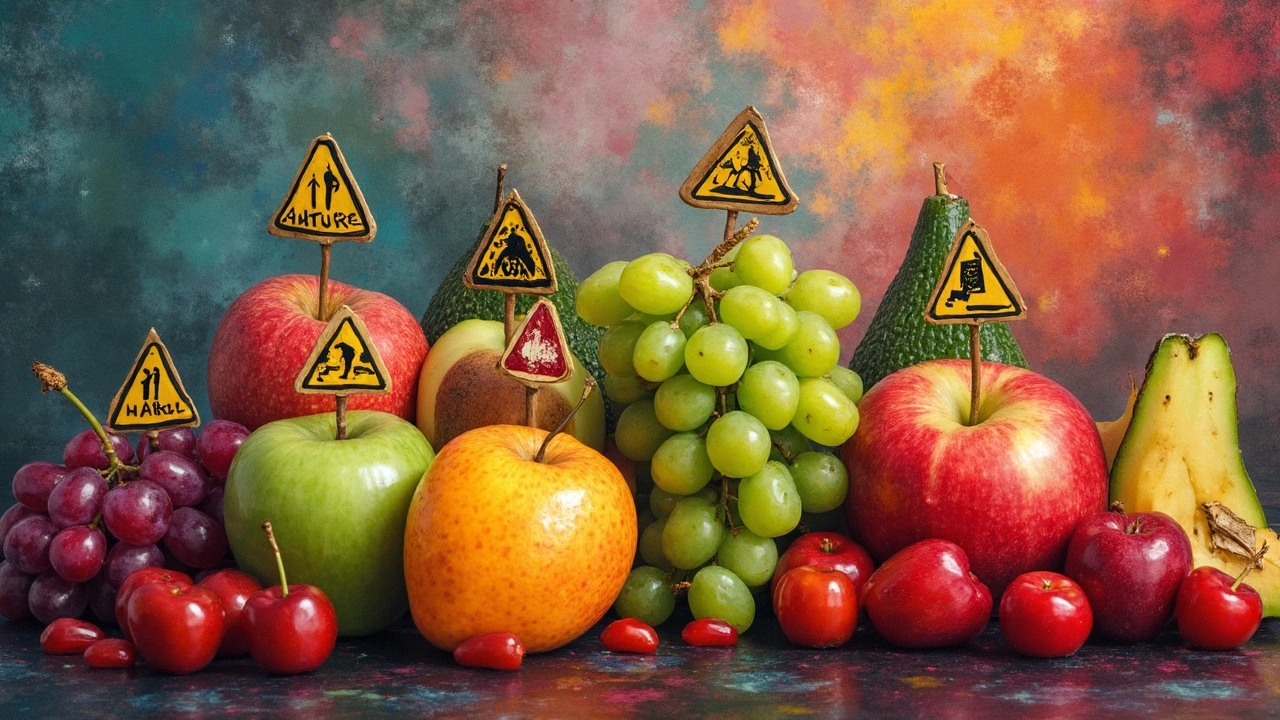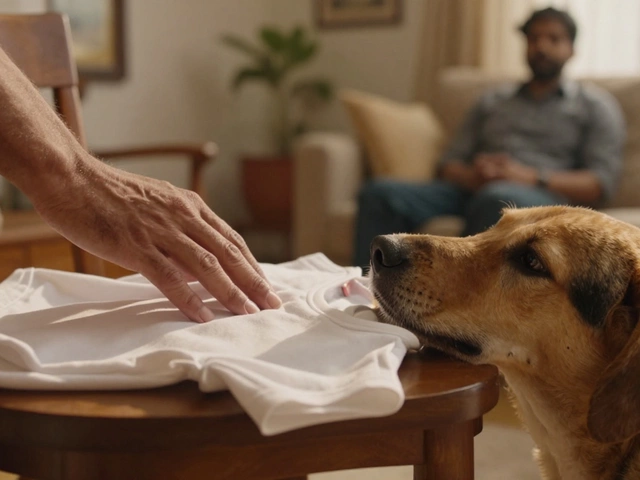Fruits Dogs Can’t Eat – What Every Dog Owner Should Know
We all love to share a tasty snack with our furry friends, but not every fruit is a good idea. Some sweet treats can actually hurt your dog’s stomach, damage organs, or even be life‑threatening. Below you’ll find the most common fruits that are off‑limits, why they’re risky, and easy swaps that keep the tail wagging.
Why Some Fruits Are Toxic
Fruits contain natural chemicals that are safe for humans but can be toxic to dogs. Seeds, pits, and certain sugars can cause digestive upset, heart problems, or kidney failure. For example, many fruit pits have cyanogenic compounds that release cyanide when chewed. Dogs also lack the enzymes to break down certain sugars, leading to rapid spikes in blood sugar and possible diabetes.
Another big issue is the fruit’s acidity. Citrus and some tropical fruits can irritate a dog’s mouth and stomach lining, causing vomiting or diarrhea. Even a small amount can trigger a reaction if your dog is sensitive.
Common Toxic Fruits and Safer Alternatives
Grapes and raisins – Even a handful can cause sudden kidney failure. Never give them as a treat, and keep them out of reach of curious pups.
Cherries – The pits contain cyanide, and the fruit’s sugar can upset a dog’s stomach. If you want a sweet bite, stick to fresh blueberries or sliced apples (no seeds).
Citrus fruits (lemons, limes, oranges) – The peel and seeds are bitter and can cause stomach irritation. Small pieces of peeled orange are OK for most dogs, but limit the amount.
Avocado – The pit and skin have persin, which can lead to vomiting and diarrhea. A tiny bit of ripe flesh is usually fine, but most owners avoid avocado altogether.
Tomatoes (green or unripe) – The green parts contain solanine, which is poisonous to dogs. Ripe red tomatoes in moderation are usually safe, but it’s easier to skip them.
When you want a fruit treat, choose dog‑friendly options like blueberries, strawberries, watermelon (seedless), and banana. These are low in sugar, high in vitamins, and most dogs love the taste.
If you suspect your dog ate a toxic fruit, watch for signs such as vomiting, diarrhea, lethargy, or unusual thirst. Call your vet right away—time matters when it comes to kidney or heart issues.
Keeping a list of safe and unsafe fruits on your fridge can prevent accidental slip‑ups. And remember, fresh water is the best drink for your dog; fruit juices are too sugary and can cause digestive problems.
By knowing which fruits are a no‑go and offering the right alternatives, you’ll keep snack time fun and healthy for both you and your four‑legged companion.

What Fruits Can't Dogs Eat? Avoiding These Can Save a Trip to the Vet!
Many fruits are safe for humans but can be dangerous for dogs. This article focuses on fruits that dogs shouldn't eat, sharing key insights and practical tips. From the dangers of grapes to the risks associated with avocados, understanding these facts can help keep your dog healthy. Discover which common fruits to avoid and how to ensure your dog enjoys safe and nutritious snacks.
read more
